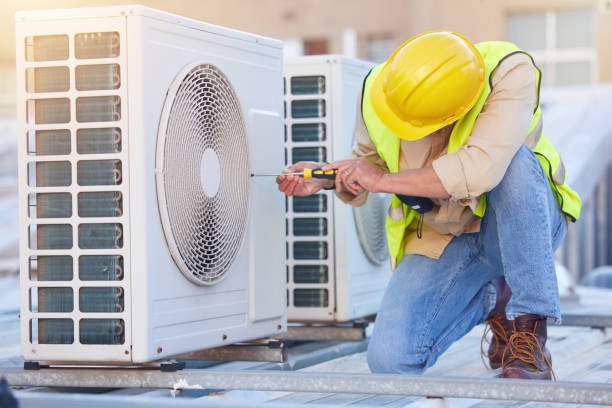HVAC (Heating, Ventilation, and Air Conditioning)
HVAC stands for Heating, Ventilation, and Air Conditioning—a comprehensive system used to regulate indoor temperature, air quality, and humidity for both comfort and safety. These systems are found in residential homes, commercial buildings, hospitals, factories, and vehicles. Proper HVAC systems are essential for maintaining healthy indoor environments, enhancing productivity, and ensuring the well-being of occupants.
With increasing urbanization, climate concerns, and the demand for energy-efficient buildings, the HVAC industry has become one of the most critical sectors in mechanical engineering and building services.

As urban populations grow and energy demands increase, the HVAC industry has emerged as one of the most essential and rapidly growing sectors in the field of mechanical engineering and building services. The focus today is on energy efficiency, eco-friendly refrigerants, smart control systems, and sustainable building design.
HVAC systems contribute to:
Comfortable and healthy indoor living conditions
Energy-efficient buildings and green certifications
Reduction in airborne diseases and pollution
Advanced control of indoor environments through automation
Professionals in the HVAC field are responsible for installing, maintaining, and repairing these systems, making this an ideal career path with high demand in the construction, healthcare, IT, and manufacturing industries.
HVAC systems are no longer a luxury—they are a necessity for modern living and working environments. From climate comfort to air safety, HVAC plays a major role in day-to-day life. With ongoing advancements in technology and sustainability, HVAC systems are becoming more intelligent, efficient, and environmentally responsible. Learning and working in this field offers not only stable employment but also a chance to contribute to greener and healthier buildings of the future.
